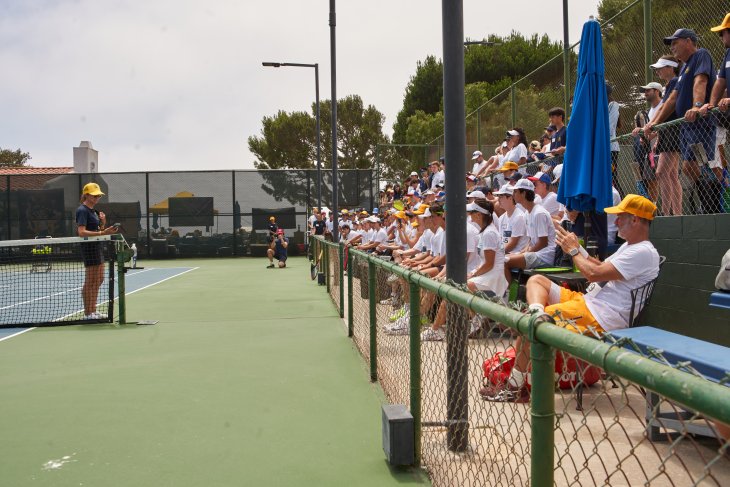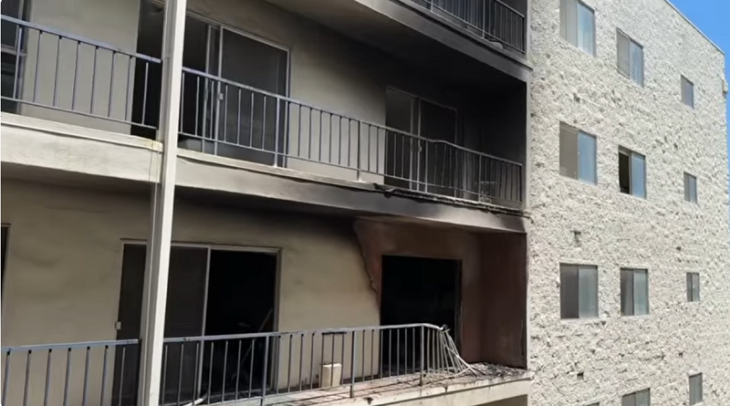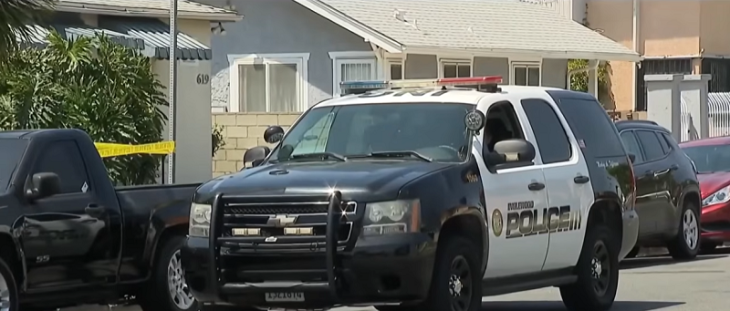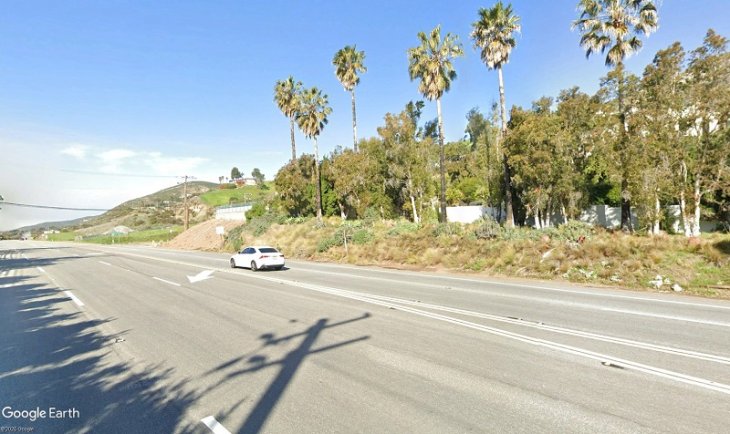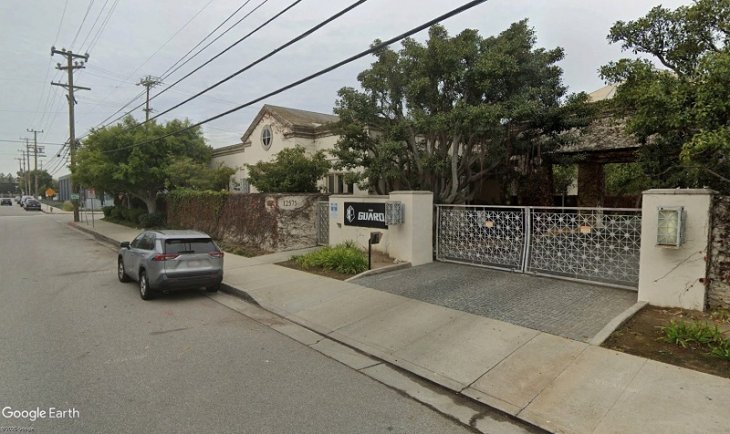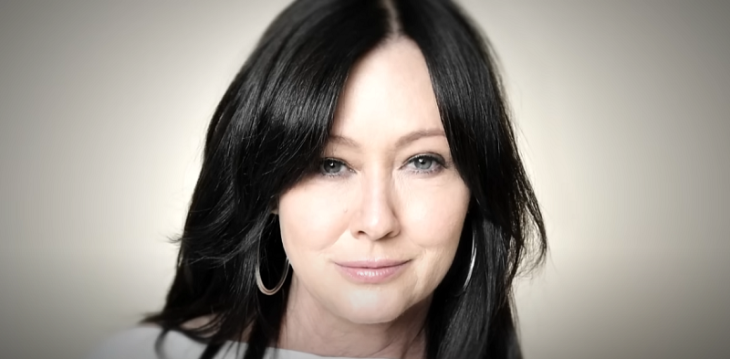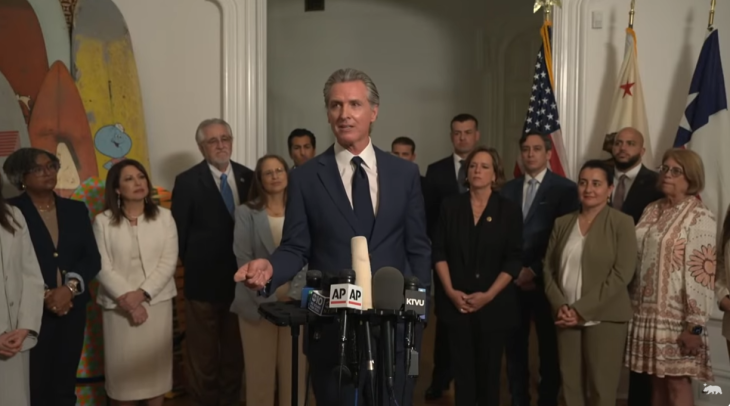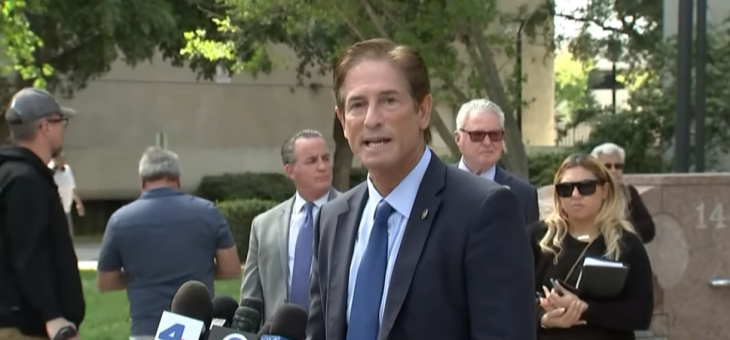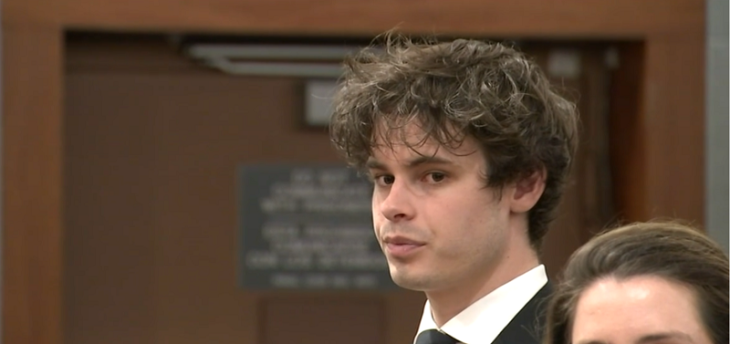City leaders are poised to tackle some large issues in the year ahead, after setting big goals in 2014 that include outfitting all police officers with body cameras, raising the minimum wage and armoring the city against the next big earthquake.
Mayor Eric Garcetti told City News Service he expects the City Council to take action on the minimum wage “in the first quarter” of the year, and parts of his sweeping earthquake resiliency plan could start to take effect in 2015.
Garcetti opened 2014 by addressing weak spots in the city’s ability to survive and recover from the next big temblor, which quake experts believe will likely originate along the 800-mile San Andreas Fault, potentially leaving thousands dead, tens of thousands injured and causing billions of dollars in damages.
In response to the anticipated disaster, Garcetti tapped Caltech’s Lucy Jones, a federally employed seismologist popularly known in Southern California as the “Earthquake Lady,” to lead a yearlong study into what measures will be needed to make Los Angeles less vulnerable to quakes.
As the city’s “earthquake czar,” Jones put together a disaster- preparation plan — released in December — calling for improvements to the city’s water delivery infrastructure and the mandatory retrofitting of certain homes and concrete structures that have been “known killers” in past temblors.
In law enforcement, Police Commission President Steve Soboroff got the ball rolling in January on equipping Los Angeles police officers with body cameras, but the effort gathered momentum by year’s end amid growing public outcry, both nationally and locally, over the issue of police use of force.
Soboroff raised more than $1 million to pay for a pilot program with at least 600 of the devices. Major philanthropies donated to his effort.
With body cameras seen as a potential way of settling conflicts between the public and law enforcement, Garcetti in December went several steps beyond Soboroff’s plan by announcing he will request nearly $10 million for 7,000 cameras to outfit the entire police department, as part of his budget proposal due in April.
Soboroff also got an unexpected financial boost for an LAPD fund for cadets and fallen officers from Rihanna. The R&B singer dropped and damaged Soboroff’s phone while trying to take a “selfie” with the police commissioner on the sidelines of a Clippers basketball game.
Rihanna later apologized via Twitter and donated $25,000 to the fund. Soboroff also had the singer sign the phone, then auctioned if off on eBay to raise money for the program.
City leaders this year also seized on the national conversation surrounding raising the minimum wage, with the City Council approving an ordinance that will boost pay for workers at big hotels from $10 to $15.37 an hour on July 1, and at smaller hotels with at least 150 rooms by July 1, 2016. The minimum wage hike is being challenged by hotel industry groups, which sued the city in December.
Garcetti unveiled his own push to hike the minimum wage on Labor Day, calling for workers to receive $13.25 per hour by 2017. The proposal is being debated in the City Council with a potential amendment to raise the wage even further to $15.25 per hour by 2019. Economic studies on the proposals are expected to be completed by February.
As many as 15 city streets could start seeing some visible improvements in the coming year as part of Garcetti’s Great Streets initiative, which he announced in his April State of the City speech. The plan is for each City Council member to lead efforts to fund projects to revitalize major corridors around the city, with many of the fundraising efforts expected to bear fruit in 2015.
On the political front, aspiring and incumbent City Council members were campaigning and raising money this year in anticipation of the 2015 city election in March — and potentially a May run-off.
At least three of the races could prove dramatic, with 18 people vying to replace termed-out Councilman Tom LaBonge in the 4th Council District, a rematch between past 6th district challenger Cindy Montanez and incumbent Nury Martinez, and a surprise match-up in the 14th district between political veteran Gloria Molina, a former county supervisor, and incumbent Jose Huizar.
Voters in March will also be asked whether to switch city election years from odd-numbered years to even-numbered years to coincide with higher- profile state and federal elections, a change aimed at increasing voter turnout.
The past year was also marked by its share of drama and spectacle, particularly in the area of sports. One such incident involved the mayor dropping the F-bomb at a celebration following the Los Angeles Kings hockey team capturing the Stanley Cup.
Garcetti, wearing a Kings jersey, told a crowd gathered at the Staples Center that the rules in politics dictate “never, ever be pictured with a drink in your hand and never swear, but this is a big (expletive) day.”
The mayor’s colorful language drew a roar from the crowd, and laughs and applause from the Kings players, but Garcetti later counseled the nation’s children on late-night talk show “Jimmy Kimmel Live!” to not “say what the mayor said today.”
The mayor also actively campaigned for Los Angeles to host the 2024 Summer Olympics. The city is competing against Boston, San Francisco and Washington, D.C., to become the American bidder when the U.S. Olympic Committee submits its application to the International Olympic Committee in September. The U.S. committee members are expected to meet in January to decide which of the four finalists will represent the country in applying for hosting privileges.
Also memorable this year was a water main rupture that sent more than 20 million gallons of water flooding onto Sunset Boulevard and the UCLA campus amid a statewide drought, damaging hundreds of cars in the university’s garage and ruining the new basketball floor of the historic Pauley Pavilion athletic facility.
The cost of the malfunction could top a previous major pipe breakage in 2009 in the Coldwater Canyon area, city utility officials said. Repair of the UCLA/Sunset Boulevard water main is expected to cost the Department of Water and Power at least $892,000, not counting street repair costs and insurance claims related to the damaged facilities and vehicles, according to figures the utility provided to City News Service.

